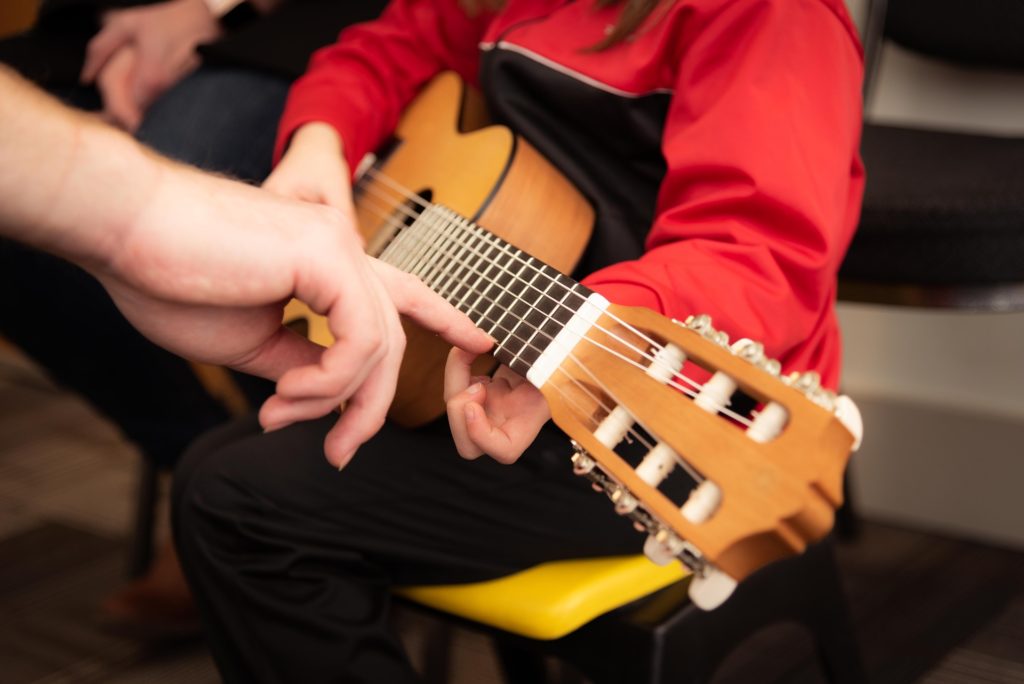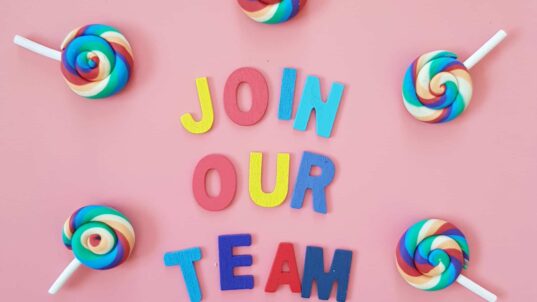
Image by Vladvictoria via pixabay
His start in life was rough. His father couldn’t hold a job, and his family was reduced to asking neighbors for help and needing government assistance. His father was sent to jail for check fraud, and his family lost their home.
His mother had very little money but wanted to buy him something for his eleventh birthday. She took him to the store, and he wanted either a bicycle or a rifle. She couldn’t afford either. She ended up buying him a used guitar for $7.75. That was still no small amount of money for a struggling family in 1946 (about $115 in today’s dollars).
His uncles taught him how to play the guitar, but he was largely self-taught. At school he was a loner and the guitar became his lunchtime companion. The other kids made fun of him.
Looking back, his mother’s purchase of that $7.75 guitar was a crucible moment in the life of Elvis Presley. Crucible moments are points in our lives that transform us. Crucible moments can be an opening to a life we never expected. They can also be times in our lives when our values and beliefs are tested.
As we reflect back on the COVID-19 pandemic, we may begin to realize that it was a crucible moment for each of us as individuals and our nation as a whole. The pandemic revealed the character of leadership needed to deal with uncertain times. It challenged our trust in others. It not only forced us to consider our own well-being but also the health and livelihoods of those around us. It tested our resilience and our faith in a better future.
We can learn from such crucible moments. We may learn how to value solitude and reflection. We can learn the importance of personal discipline. We may begin to better understand what it takes to protect both our physical and mental health. And we can begin to appreciate how each of us can affect the well-being of others.
As the worst of the COVID-19 pandemic appears to wane, there has been a growing national concern for the test scores of students. But what do those test scores really tell us about what was learned during the pandemic years? How do you compare the long-term value of knowing how to diagram a sentence to the values of life lessons from the pandemic?
How important are the rules of exponents in a person’s future life? And what do we miss when we focus on standardized testing rather than personal development as the true measure of education?
Crucible moments are a gift to all of us if we use them for positive change. To do so takes awareness, resilience, vision, and faith – the traits that come from living a complex human life with its ups and downs, traits that are not measured by an achievement test.
* * *
“Ask yourself: What forms the decisions you make? What is it that gnaws at you? What are your crucible moments?” Les Wexner (founder of Bath & Body Works)



